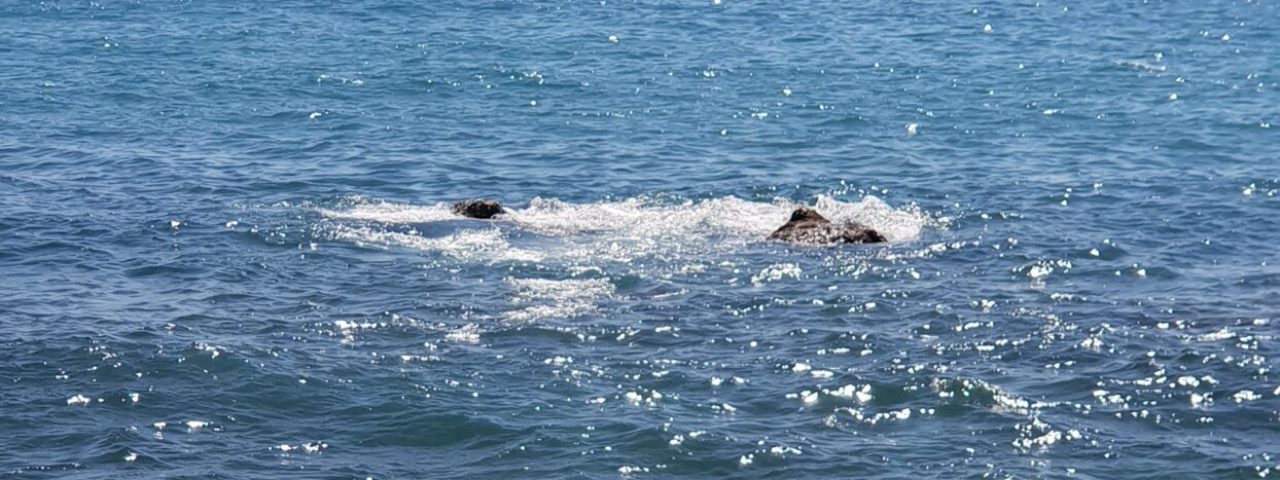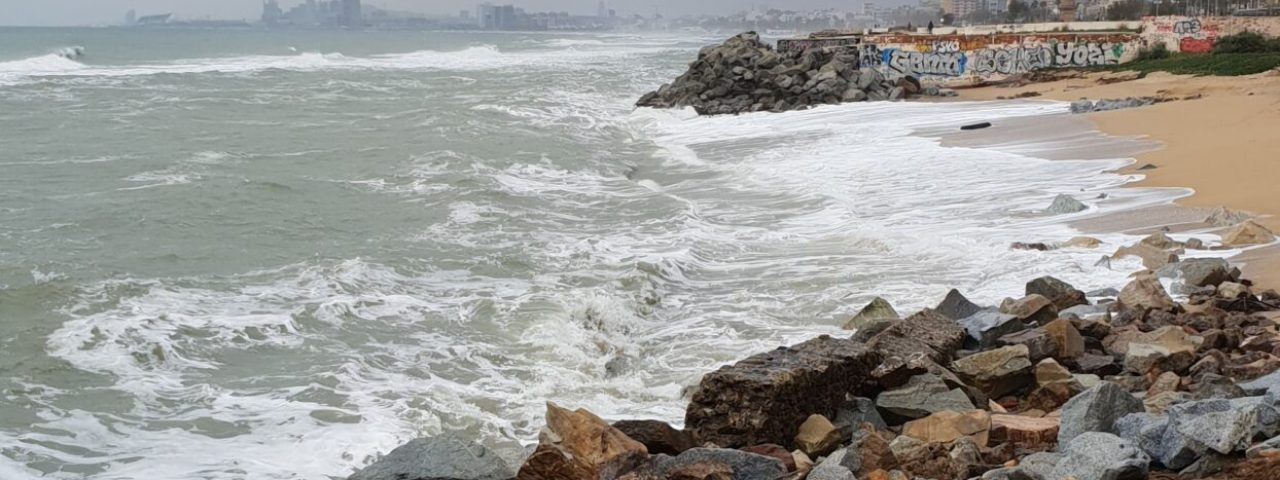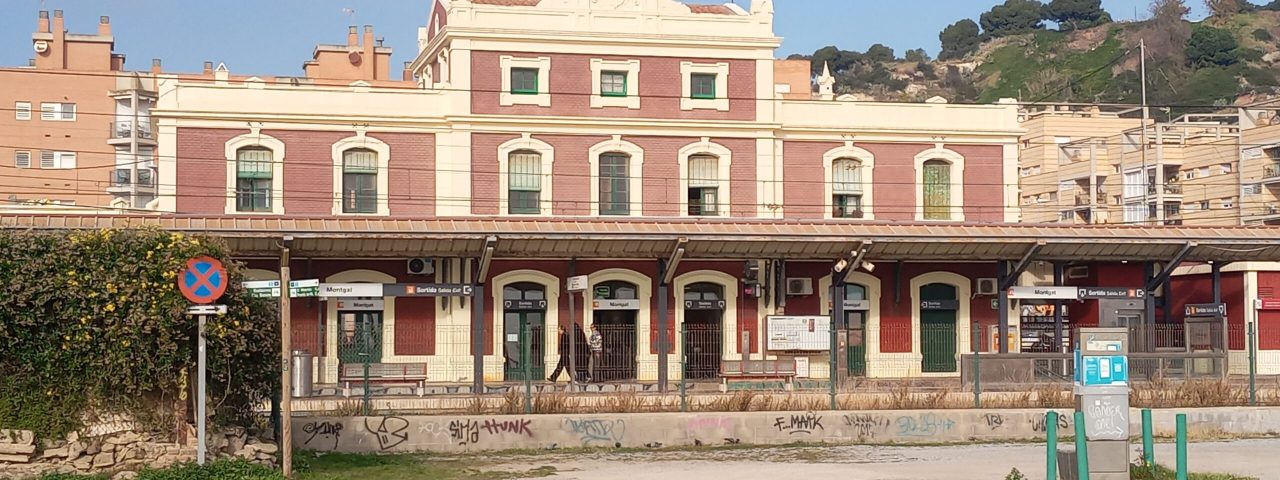Mongat has a rich history that dates back to Roman times, when the town served as an important stop along the Via Augusta, a Roman road that connected the Iberian Peninsula with the rest of the Roman Empire. Evidence of its Roman past can still be found in the surrounding region, and Mongat has evolved over the centuries under the influence of various rulers, including the Moors and the Christian kingdoms during the Reconquista. Its coastal position has made it an important fishing village throughout history, and this tradition continues to influence local culture today.
Culturally, Mongat retains a strong Catalan identity, with local traditions and festivals playing a significant role in town life. The Festa Major, Mongat’s annual festival held in honor of its patron saint, is celebrated every September and features traditional Catalan dancing, live music, and street parades. Another cultural highlight is the “Diada de Sant Jordi” in April, a unique Catalan holiday where books and roses are exchanged, filling the town’s streets with vibrant displays.
The town also honors its seafaring heritage with several maritime festivals, which celebrate the town’s deep connection to the Mediterranean. Local customs often include gatherings on the beach, seafood feasts, and celebrations that highlight Catalonia’s cultural diversity, combining modern influences with longstanding traditions.


